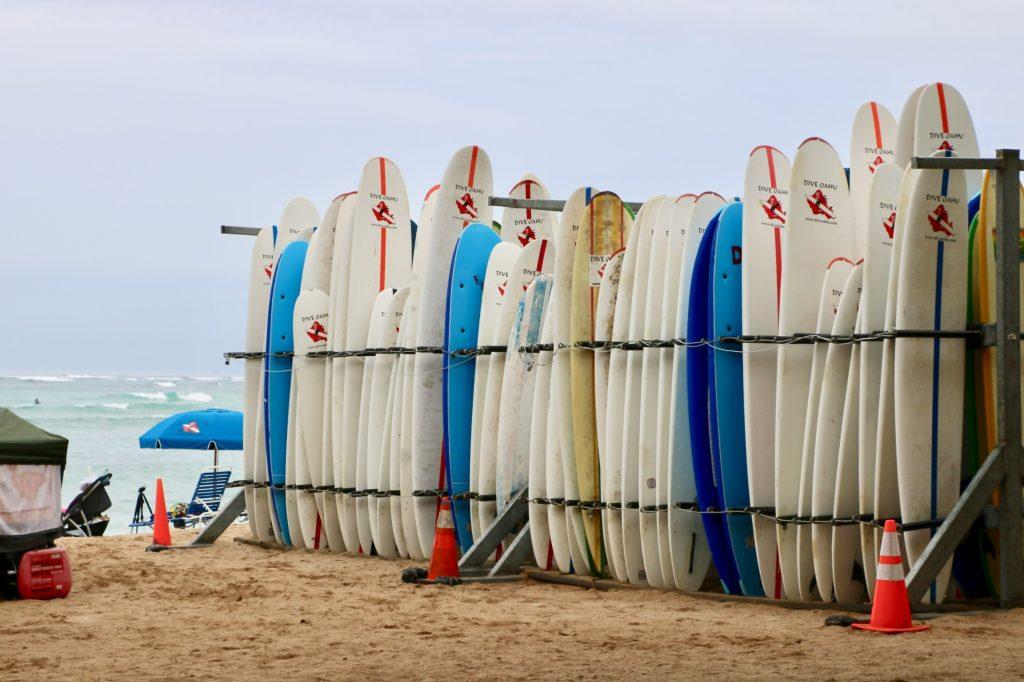Ever tried cramming your surfboard into a duffel bag only to see it come out looking like it survived a shark attack? You’re not alone. Every year, surfers struggle with protecting their boards during travel while keeping the planet happy—all without breaking the bank (or their backs). But what if there was an eco-friendly way to transport your surfboard safely? Spoiler alert: There absolutely is.
In this guide, we’ll dive deep into everything you need to know about “Eco-Friendly Surfboard Transport.” From pain points to pro tips, and even some real-world examples, you’ll learn how to get your surf gear from point A to B in style—and sustainably. And hey, maybe I’ll throw in a rant or two along the way. Let’s ride!
Table of Contents
- Key Takeaways
- Why Eco-Friendly Surfboard Transport Matters
- Step-by-Step Guide to Eco-Friendly Surfboard Transport
- Best Practices for Green Surfing Adventures
- Real Stories: Success with Sustainable Packaging
- FAQs About Eco-Friendly Surfboard Transport
- Conclusion: Ride Green, Live Clean
Key Takeaways
- Protecting your surfboard doesn’t have to mean trashing the planet.
- Upcycling materials can save both your wallet and the environment.
- Investing in quality, reusable surfboard bags reduces waste over time.
- Airline policies on oversized luggage are no joke—plan ahead.
Why Eco-Friendly Surfboard Transport Matters
Here’s a hard truth: Most surfboard packaging ends up in landfills—or worse, floating around in our oceans. According to Ocean Conservancy, plastic debris accounts for 80% of all marine pollution. That includes those cheap foam inserts and zip ties holding your board together mid-flight.
I once wrapped my surfboard in layers of bubble wrap, tape, and duct tape before boarding a flight. It survived—but at what cost? At customs, they tore through all that single-use plastic like it was confetti, leaving me standing there feeling guilty as heck. Not exactly the vibe you want when chasing waves.

This isn’t just about avoiding TSA nightmares—it’s about responsibility. Your surf adventures shouldn’t contribute to the mess washing ashore after the next big wave.
Step-by-Step Guide to Eco-Friendly Surfboard Transport
Optimist You: *“I’ve got this!”*
Grumpy You: *“Ugh, fine—but only if coffee’s involved.”*
Step 1: Choose Reusable Bags
Say goodbye to disposable wraps and hello to long-lasting options. Look for durable, padded surfboard bags made from recycled materials. Bonus points if they’re water-resistant too.
Step 2: Upcycle Protection Materials
Before tossing old towels or blankets, repurpose them as padding for your board. They provide excellent shock absorption and save money on bulky packing materials.
Step 3: Rent or Borrow Board Covers
If buying feels excessive, check local rental shops or ask fellow surf buddies. Sharing resources cuts down on waste AND strengthens community bonds.
Step 4: Be Airline-Smart
Research airline policies beforehand—don’t be the person who gets slapped with $200 extra fees because your board won’t fit in economy class overhead bins. Pro tip: Label your bag clearly with “Fragile” stickers for added insurance (even though most handlers ignore them).
Best Practices for Green Surfing Adventures
Let’s talk strategy:
- Inspect Before You Pack: Ensure your board has zero cracks or chips; otherwise, damage might worsen during transit.
- Opt for Biodegradable Packaging Tape: If taping is unavoidable, choose plant-based adhesive tapes instead of regular ones.
- Go DIY Over Store-Bought: Create custom-cut foam padding using scrap pieces rather than purchasing new stuff.
Niche swearing moment: Ditch disposable plastics faster than you’d leave a crowded lineup.
Real Stories: Success with Sustainable Packaging
Meet Sarah, a professional surfer turned sustainability advocate. Last summer, she traveled across Europe with nothing but her trusty second-hand surfboard sleeve lined with biodegradable bubble wrap. She documented her journey online, inspiring thousands of followers to adopt similar practices.
And then there’s Jake from California, whose innovative idea of wrapping his board in solar blankets went viral on TikTok. These reflective sheets protected his equipment and cut down heat exposure during road trips. Talk about killing two birds with one stone.

FAQs About Eco-Friendly Surfboard Transport
Q: Is it cheaper to use eco-friendly materials?
Absolutely! While upfront costs may vary, reusables reduce expenses significantly over time.
Q: Can I use cardboard boxes for air travel?
No. Cardboard offers limited protection against impacts and moisture. Stick to fabric covers whenever possible.
Q: What happens if I can’t avoid plastic?
Sometimes situations force compromises—but don’t sweat it. Aim to minimize usage and recycle responsibly afterward.
Conclusion: Ride Green, Live Clean
There you have it—a comprehensive guide to mastering “Eco-Friendly Surfboard Transport.” Whether you’re upgrading your gear or innovating hacks on a budget, remember: small changes make a world of difference. So pack smart, paddle harder, and protect Mother Nature while doing it.
Oh, and one last thing:
Surf wax melts, Plastic floats away— Choose green today.


